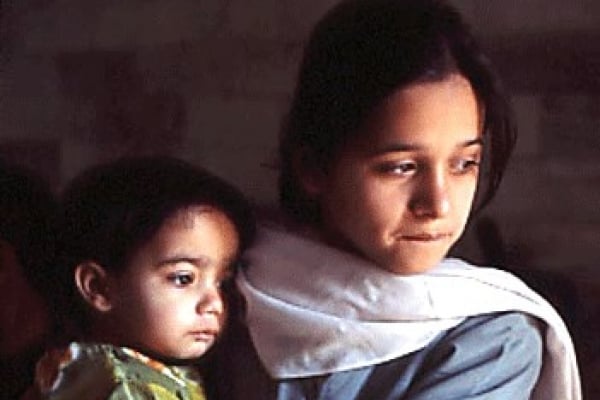
Honor, Shame and the Gospel
Approximately 90 percent of the least-reached people of the world live in honor/shame cultures.[i] This makes understanding the roles of honor and shame incredibly important in effectively sharing the gospel with people from these cultures. Below, a Christar worker explains how honor and shame impact the way many Christar workers present the good news.
Cultures around the world generally base their beliefs and values in one of three spheres: guilt/innocence, honor/shame or power/fear. Western culture tends to espouse a guilt/innocence worldview. Many tribal societies tend toward a power/fear worldview. Asian people, many of whom are Muslim, tend to hold to an honor/shame worldview. For them, the highest value is maintaining honor and escaping or mitigating shame. It is not so important what one does or how one does it as long as honor—or the appearance of honor—is preserved. This is why those who dishonor the family or community are punished, often with death.
The high value placed on honor and shame in these societies (or power and fear in tribal societies) may confuse those who have grown up with a guilt/innocence worldview. Because we are trained to feel guilt and seek justice, we emphasize the guilt of the individual before God and the need for the debt to be paid.
When sharing with a person from an honor/shame society, it is very important to stress that God seeks to honor us, His highest creation, and invites us to honor Him by entering into relationship with Him. Our rejection of Him brings great dishonor to us and Him. Choosing our own honor over God’s shames Him and us, because He is the only one worthy of all honor and glory. God desires to restore His honor in this world and restore our relationship with Him. He sent Jesus Christ to carry our shame so we could come to God. Jesus did this by His death on the cross, bearing all shame, guilt and fear, making it possible for all who believe in Him to be reconciled to God.
This recitation of the gospel may seem strange to us, but it will resonate more with those for whom honor and shame are more dominant. This does not mean we do not address the concepts of guilt and innocence or fear and power. A well-rounded gospel presentation will contain all of these. John 16:8-11 tells us that the Holy Spirit convicts the world of sin (guilt), righteousness (shame) and judgment (fear). Jesus has come to set us free from all three, granting us honor, power and innocence. Honor and shame are merely the door through which we enter the conversation with our friends about what Jesus has done.
Participate by Praying:
- Pray for wisdom for workers as they seek to effectively share the gospel in honor/shame cultures.
- Ask God to use these workers to open the eyes of least-reached people to the honor that's found only in Him.
- Ask God to raise up more workers to share Jesus in honor/shame cultures.


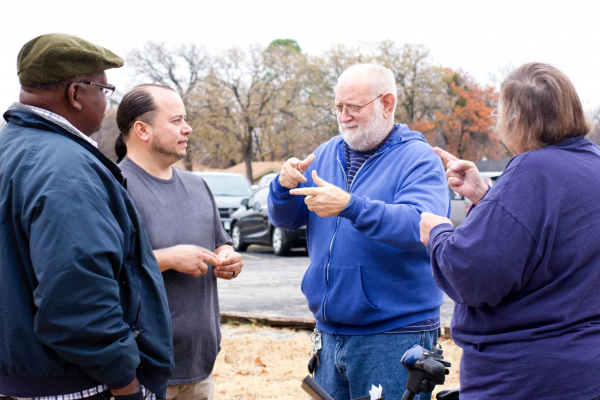
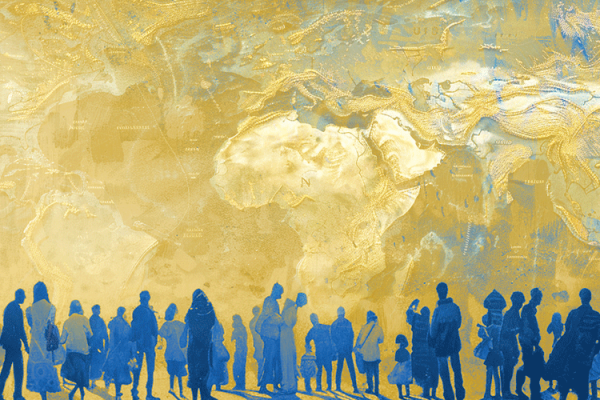







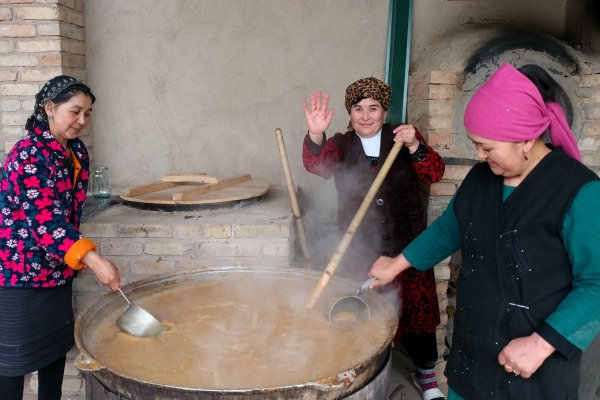




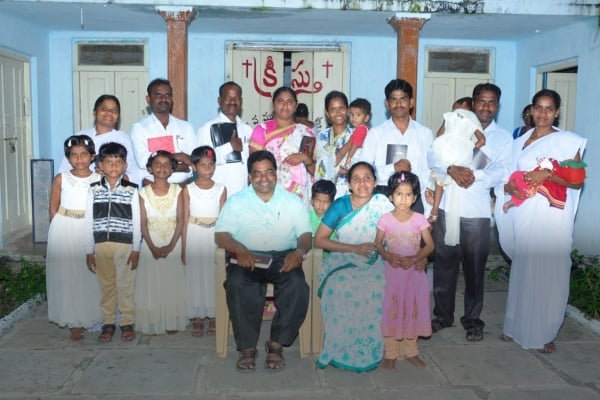


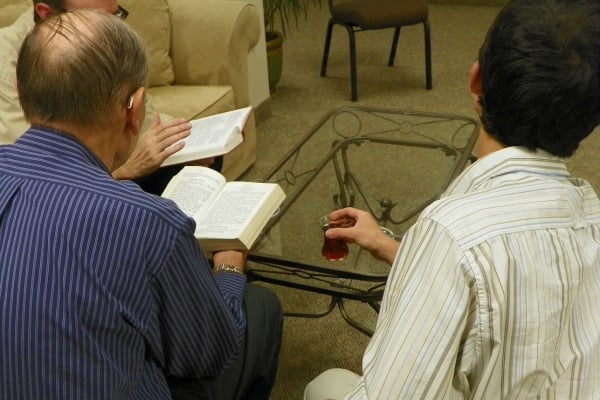
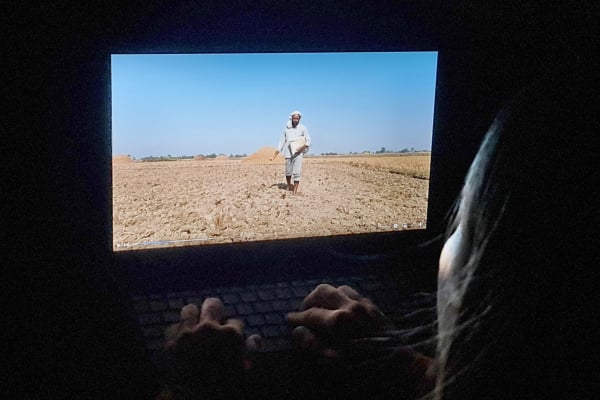







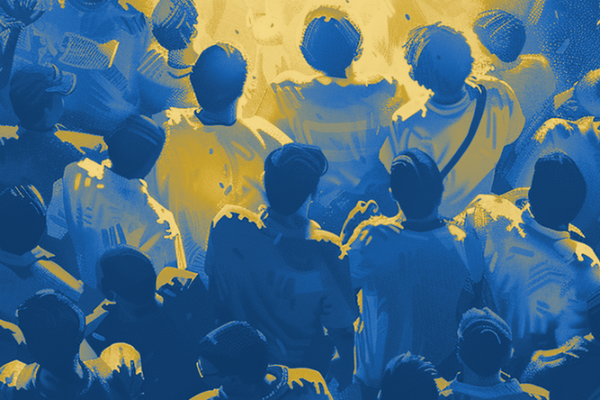

_1724957011_600x400.png)










